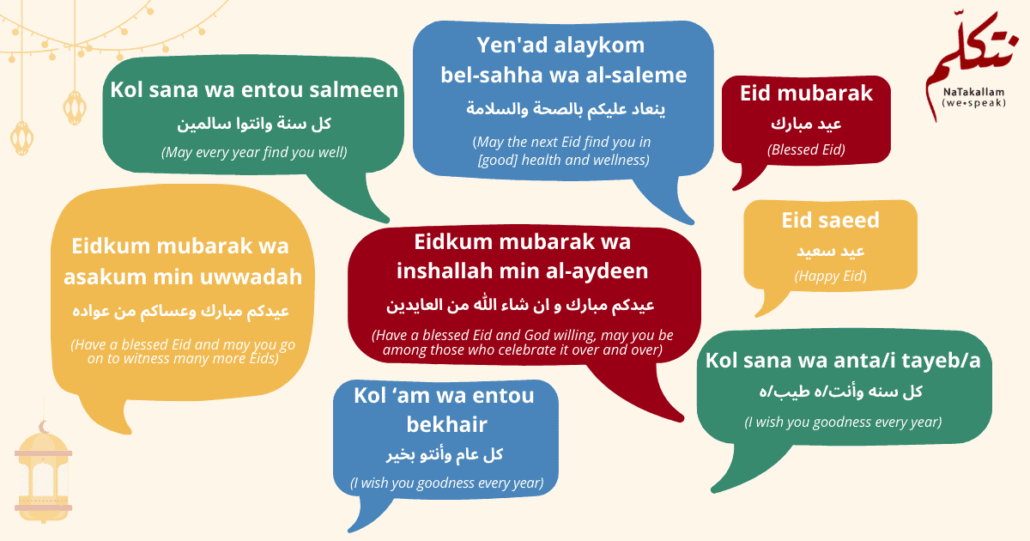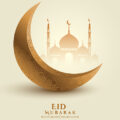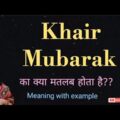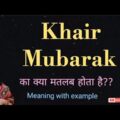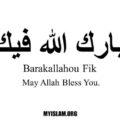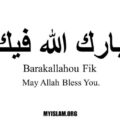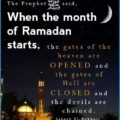Table of Contents Show
Eid Mubarak is a common greeting exchanged by Muslims around the world during the celebration of Eid, a significant Islamic holiday that marks the end of Ramadan, the holy month of fasting. The phrase “Eid Mubarak” translates to “Blessed Eid” in English, conveying wishes for a joyful and prosperous celebration. It embodies the spirit of goodwill, joy, and community that characterizes the Eid festivities. During this time, families and friends come together to share meals, give gifts, and participate in prayers, further amplifying the sense of unity and happiness.
The Significance of Eid
Eid is celebrated in two main forms: Eid al-Fitr and Eid al-Adha. Eid al-Fitr occurs at the end of Ramadan and is a time for gratitude and reflection after a month of fasting and spiritual growth. It is marked by communal prayers, feasting, and giving to charity, known as Zakat al-Fitr, which helps those in need participate in the celebrations.
Eid al-Adha, on the other hand, commemorates the willingness of Prophet Ibrahim (Abraham) to sacrifice his son as an act of obedience to God. This holiday involves the ritual sacrifice of an animal, with a portion of the meat distributed to the less fortunate, reinforcing the values of charity and compassion.
Cultural Variations in Eid Celebrations
Across different cultures, Eid is celebrated with unique customs and traditions. In regions like South Asia, special dishes like biryani and sweets such as baklava are prepared. In Middle Eastern countries, feasts might include grilled meats and a variety of mezze. The celebrations also often feature vibrant clothing, with many people wearing new or traditional garments to mark the occasion.
In addition to culinary traditions, various cultural practices, such as visiting the graves of loved ones or organizing community events, enrich the festivities. Regardless of the specific customs, the core values of family, generosity, and gratitude remain central to the Eid celebrations.
The Role of Community and Charity
Eid is not only a time for personal celebration but also emphasizes community and support for those in need. The act of giving, whether through the Zakat during Eid al-Fitr or the distribution of meat during Eid al-Adha, highlights the importance of compassion and social responsibility within the Islamic tradition. Many families set aside a portion of their income during Ramadan to contribute to charitable causes, fostering a sense of solidarity and care within the community.
Conclusion
Eid Mubarak encapsulates a spirit of joy, generosity, and gratitude that resonates with Muslims worldwide. As families come together to celebrate, share meals, and give back to their communities, the essence of Eid transcends cultural boundaries, uniting individuals in a shared expression of faith and fellowship. Whether through the exchange of greetings like “Eid Mubarak” or the communal rituals observed, the celebration of Eid remains a profound reminder of the values that bind us together.
